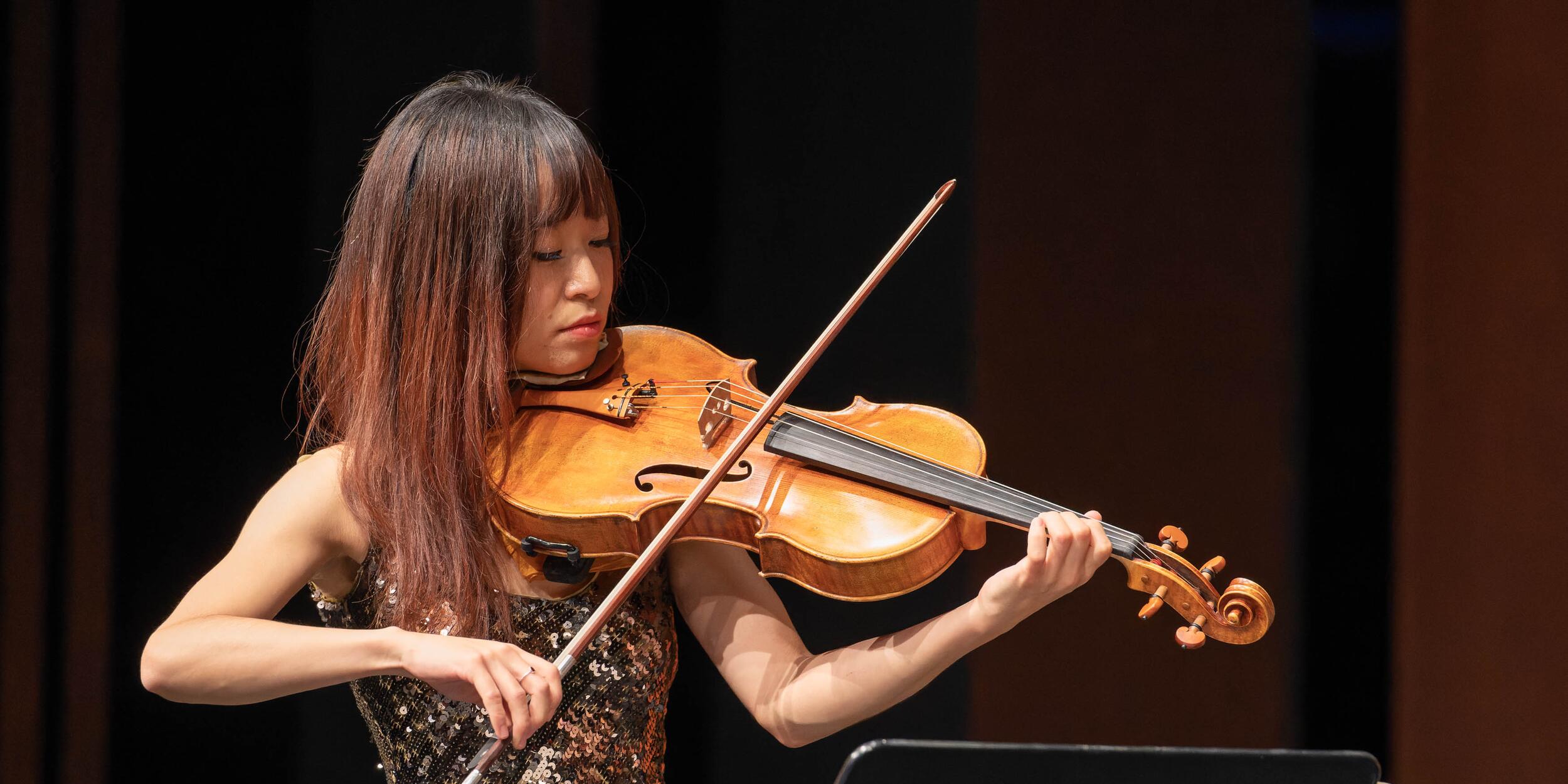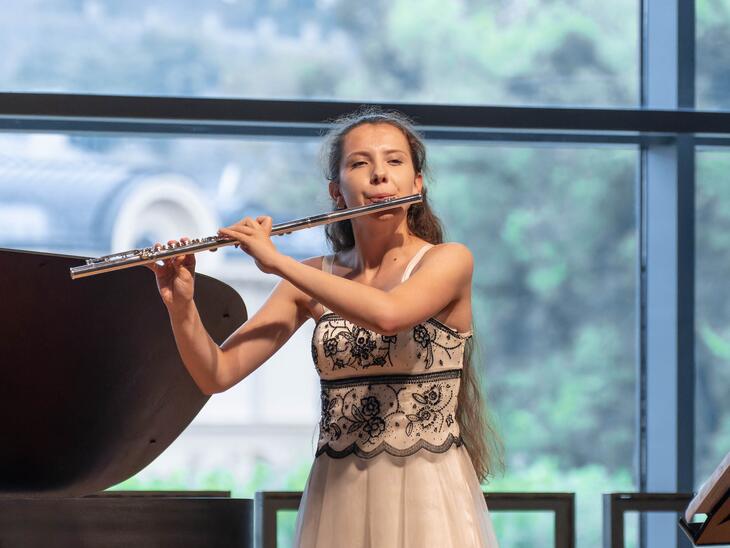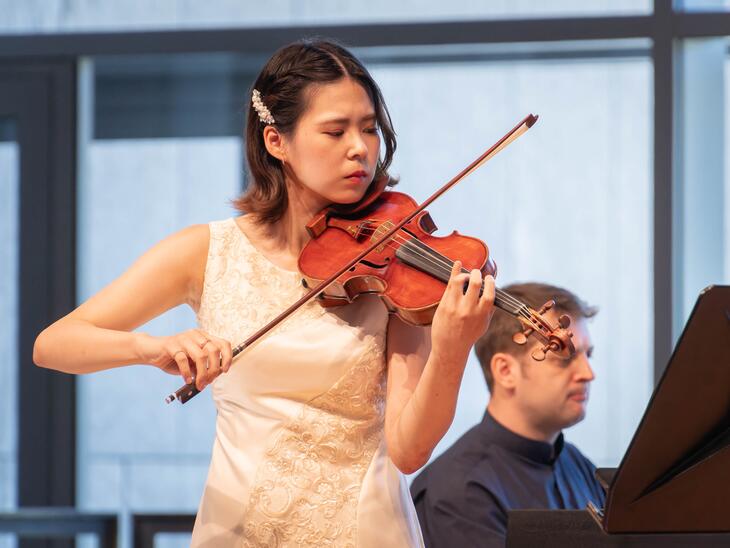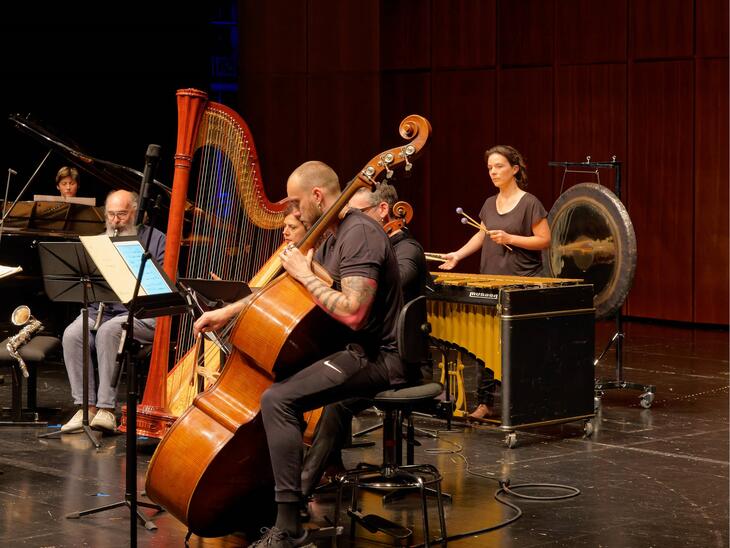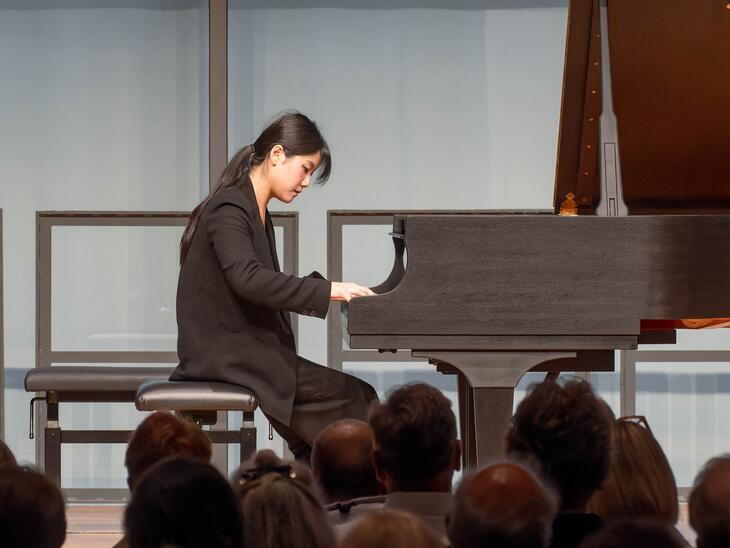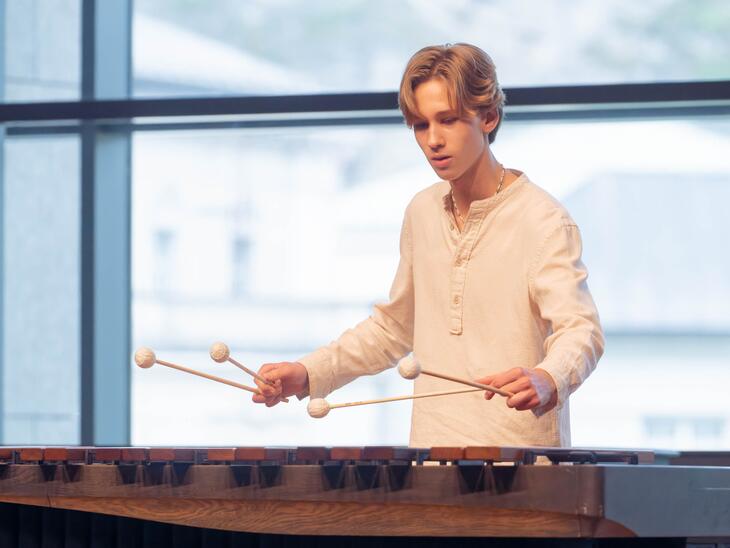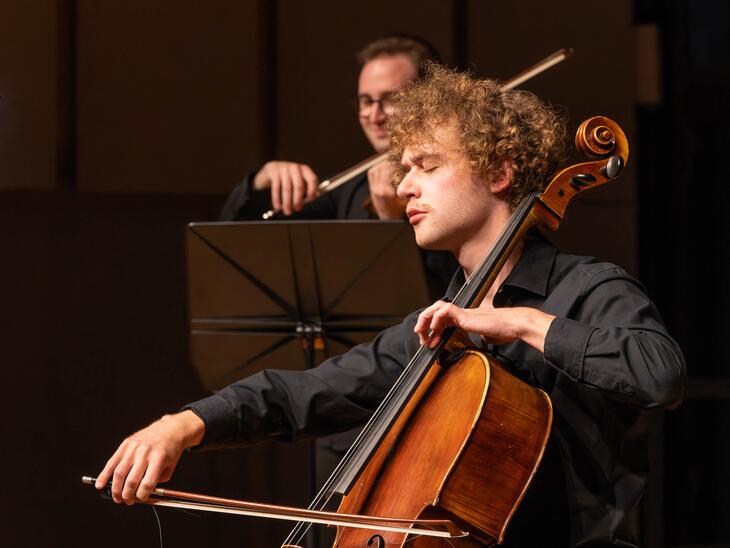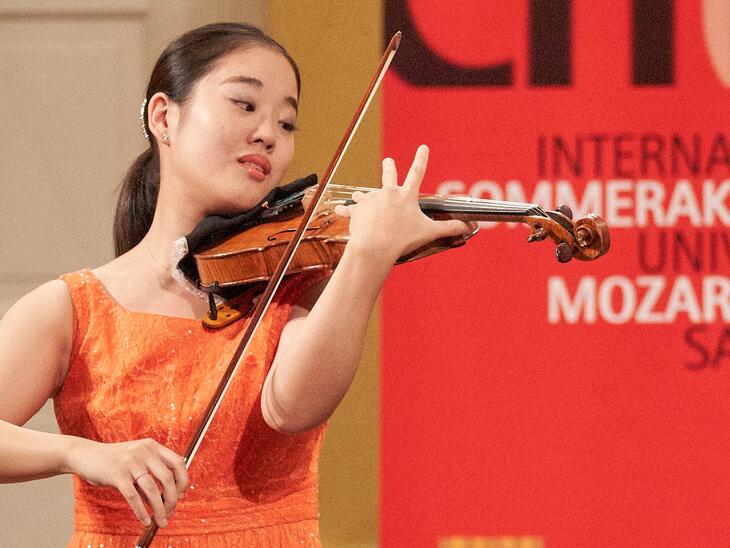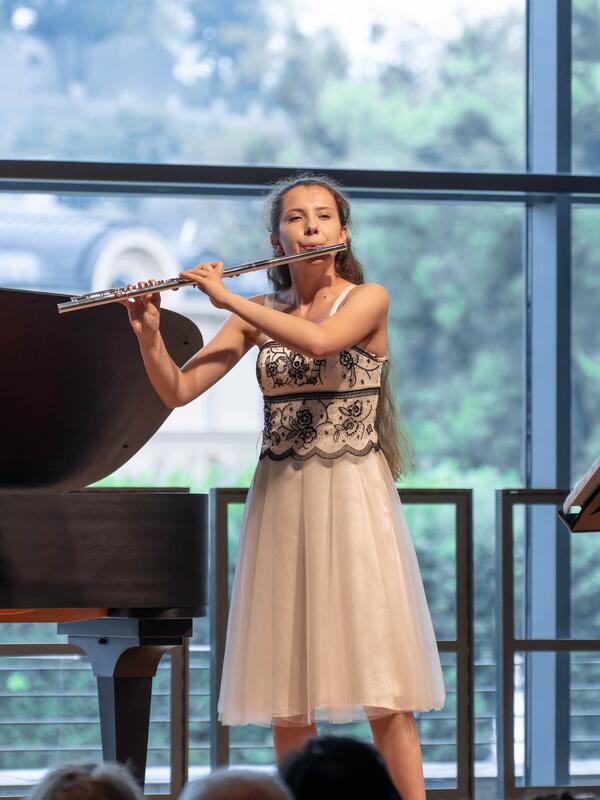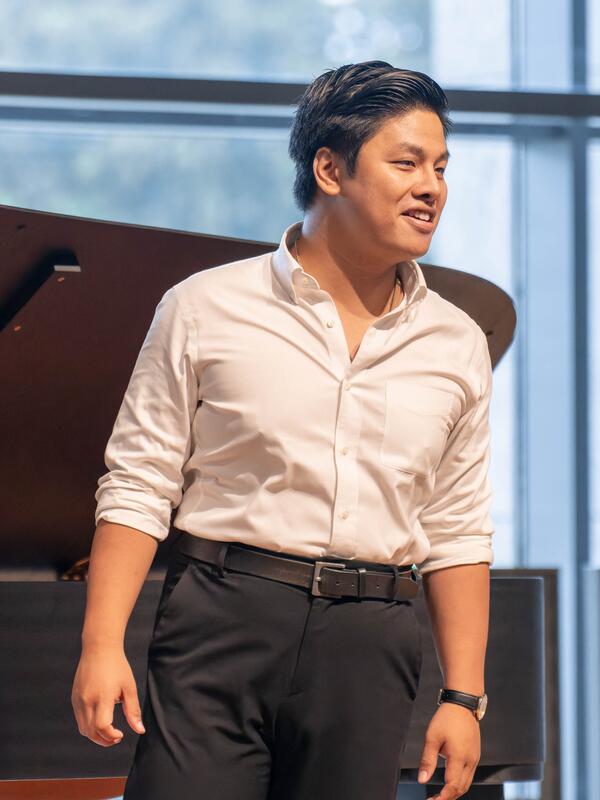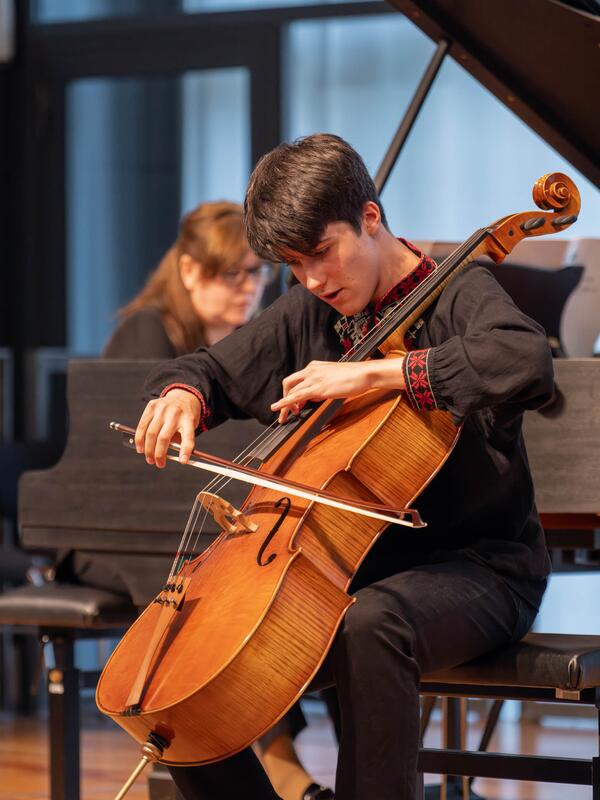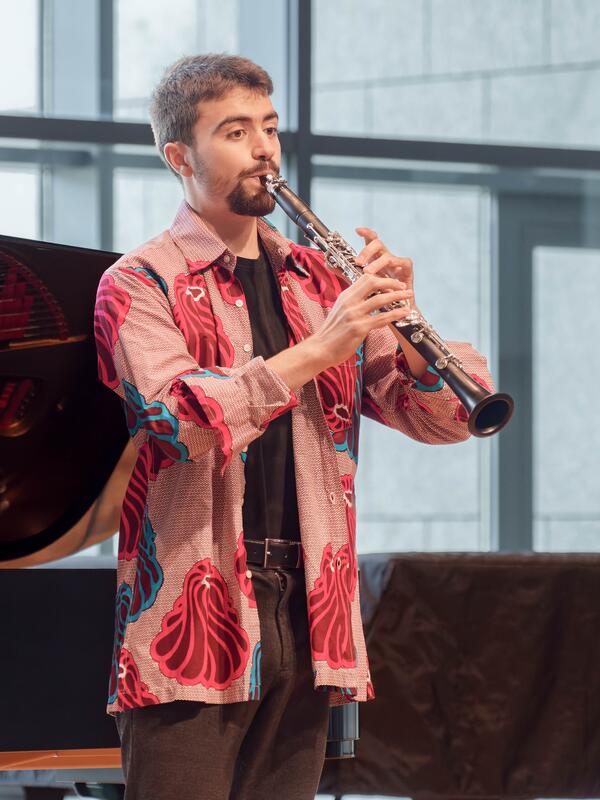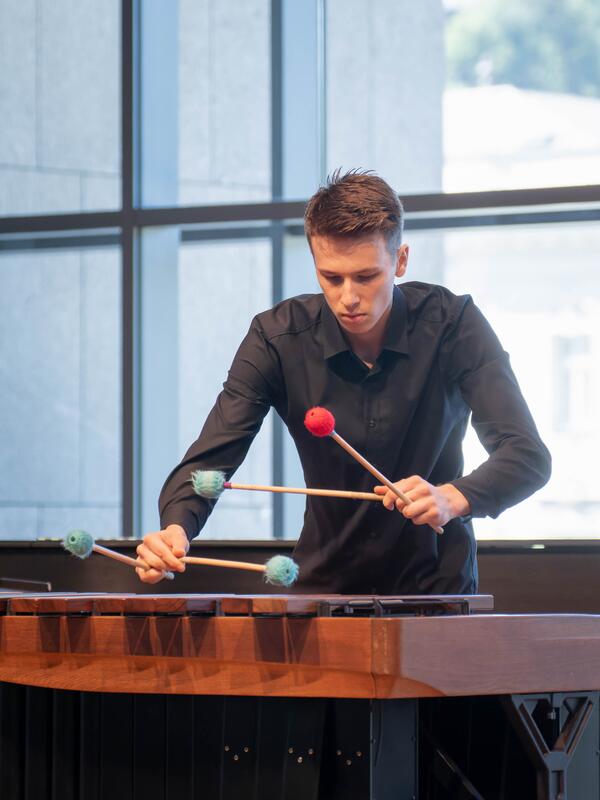Presentation and Workshop with String Consultation
Date: Course Period 4: 4.8.&5.8.
- 4.8.: Presentation (90 minutes)
- 4.8.: Workshop & String Consultations (approx. 90 minutes)
- 5.8.: Additional String Consultations
- Language: English
- Speakers: Mag. Attila Pasztor (Product Manager, Cellist), Stojan Jovanovic (Product Manager, Violinist)
Content:
In this free event, participants will learn everything important about selecting the right strings for their instrument. The presentation will delve into the various materials and constructions of strings and how they influence the sound of an instrument. Special attention will be given to string tension and balance, which play a significant role in optimizing the sound and adapting it to the musician’s needs.
The product managers from Thomastik-Infeld, Attila Pasztor and Stojan Jovanovic, will guide the participants through the world of string manufacturing. They will explain how different string constructions and tensions influence sound and demonstrate how choosing the right strings can solve common issues such as wolf tones, squeaky E-strings, poor response, and insufficient volume. Visuals like images and videos will be used to illustrate the influence of materials and constructions.
In the workshop that follows, the two experts will demonstrate how changing just one string can significantly modify the sound of an instrument. They will also provide practical tips for selecting the best strings and combinations for the participant's personal needs.
The event will conclude with individual string consultations, where Thomastik-Infeld provides free test strings. Participants will have the opportunity to experiment with various strings and combinations under the expert guidance of Pasztor and Jovanovic to find the perfect fit for their instrument and playing style.
What’s Included:
- Presentation on string production and its impact on sound
- Workshop on practical application and sound improvement through string selection
- Free string tests and personalized string consultation
This event is an excellent opportunity for musicians to learn about the crucial impact of strings on their instrument’s sound and receive personalized recommendations.

